Conclavoscope - Cardinal Jean-Marc Aveline
Cardinal Profile and Assessment

French cardinal, Archbishop of Marseille, known for his commitment to interreligious dialogue and his open pastoral approach in a multicultural city.
| Criterion | Tendency |
|---|---|
| Moral doctrine | Centrist |
| Liturgy | Moderately progressive |
| Sociopolitical | Moderately progressive |
| Relationship with Pope Francis | Moderately progressive |
| Dialogue | Moderately progressive |
| Communication | Moderately progressive |
| Overall tendency | Moderately progressive |
Jean-Marc Aveline was born on December 26, 1958, in Sidi Bel Abbès, French Algeria. After independence, his family settled in Marseille, where he completed his schooling. He entered the Avignon interdiocesian seminary in 1977, then continued his studies at the Carmes seminary in Paris, obtaining a double degree in theology and philosophy, as well as a master's degree in theology. In 2000, he defended a doctoral thesis entitled For a Christological Theology of Religions.
Ordained a priest on November 3, 1984, for the Archdiocese of Marseille, he held various positions related to theological training and interreligious dialogue. In 1992, he founded the Institute of Science and Theology of Religions (ISTR) in Marseille, which he directed until 2002. He was also director of the Catholic Institute of the Mediterranean and taught at the theology faculty of the Catholic University of Lyon.
Appointed Auxiliary Bishop of Marseille in 2013, he became Metropolitan Archbishop of Marseille in 2019. On August 27, 2022, he was created a cardinal by Pope Francis, with the title of Cardinal Priest of Santa Maria ai Monti. He is a member of the Dicastery for Bishops and the Dicastery for Interreligious Dialogue.
On April 2, 2025, he was elected President of the French Bishops' Conference, with his term scheduled to begin on July 1, 2025.
Cardinal Aveline is considered moderately progressive. He supports a Church open to dialogue, attentive to contemporary challenges such as migration and secularization. He embodies a balanced line between tradition and openness, in line with Pope Francis's legacy.
He enjoys the support of influential cardinals such as Jean-Claude Hollerich and Reinhard Marx. His appointment by Pope Francis and his active participation in synods strengthen his position within the College of Cardinals. Moreover, his role as President of the French Bishops' Conference gives him additional legitimacy.
Cardinal Aveline upholds traditional Catholic moral teachings but emphasizes pastoral sensitivity and inclusion. He has condemned abortion and euthanasia as part of a 'steamroller of totalitarian ideology' that sows death. Simultaneously, he advocates for an 'unconditional and merciful welcome' to same-sex couples, indicating a progressive pastoral approach within doctrinal boundaries.
Cardinal Aveline demonstrates an open attitude toward liturgical diversity, including the Vetus Ordo Missae. His approach reflects a balance between respect for tradition and openness to liturgical innovation.
He actively addresses social issues, notably advocating for migrants and promoting social justice. His leadership reflects a commitment to the Church's role in addressing contemporary societal challenges.
A close collaborator of Pope Francis, Cardinal Aveline supports the Pope's reforms and vision for a synodal Church. His appointments to various Vatican dicasteries reflect alignment with the Pope's pastoral approach.
Cardinal Aveline actively promotes interreligious dialogue, emphasizing peaceful coexistence among diverse faiths. He founded the Institut de Science et de Théologie des Religions in Marseille, fostering mutual respect and understanding among religious communities.
Known for his pastoral sensitivity and effective communication, Cardinal Aveline engages with the faithful through thoughtful homilies and public statements. He emphasizes the Church's role in addressing contemporary societal challenges while remaining rooted in tradition.
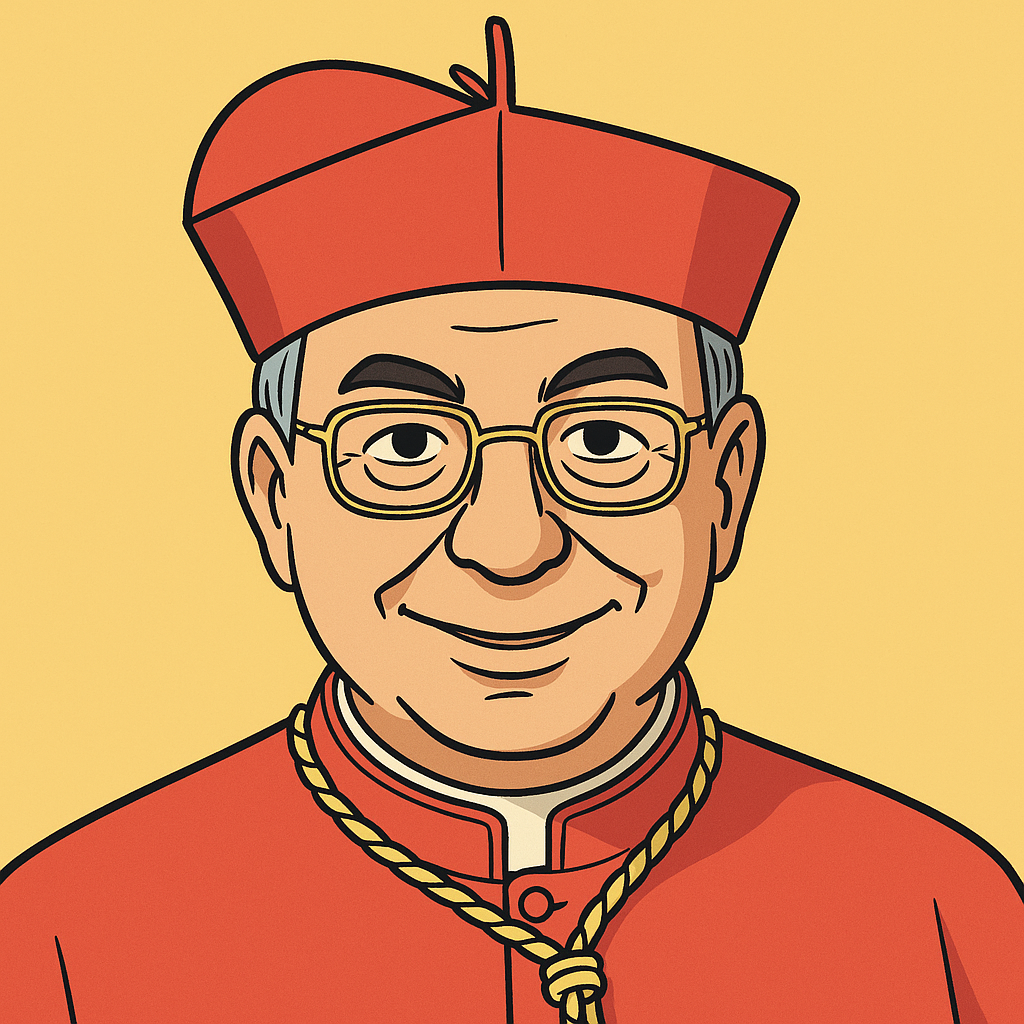
French cardinal, Prefect of the Supreme Tribunal of the Apostolic Signatura, known for his legal expertise and traditional doctrinal positions.
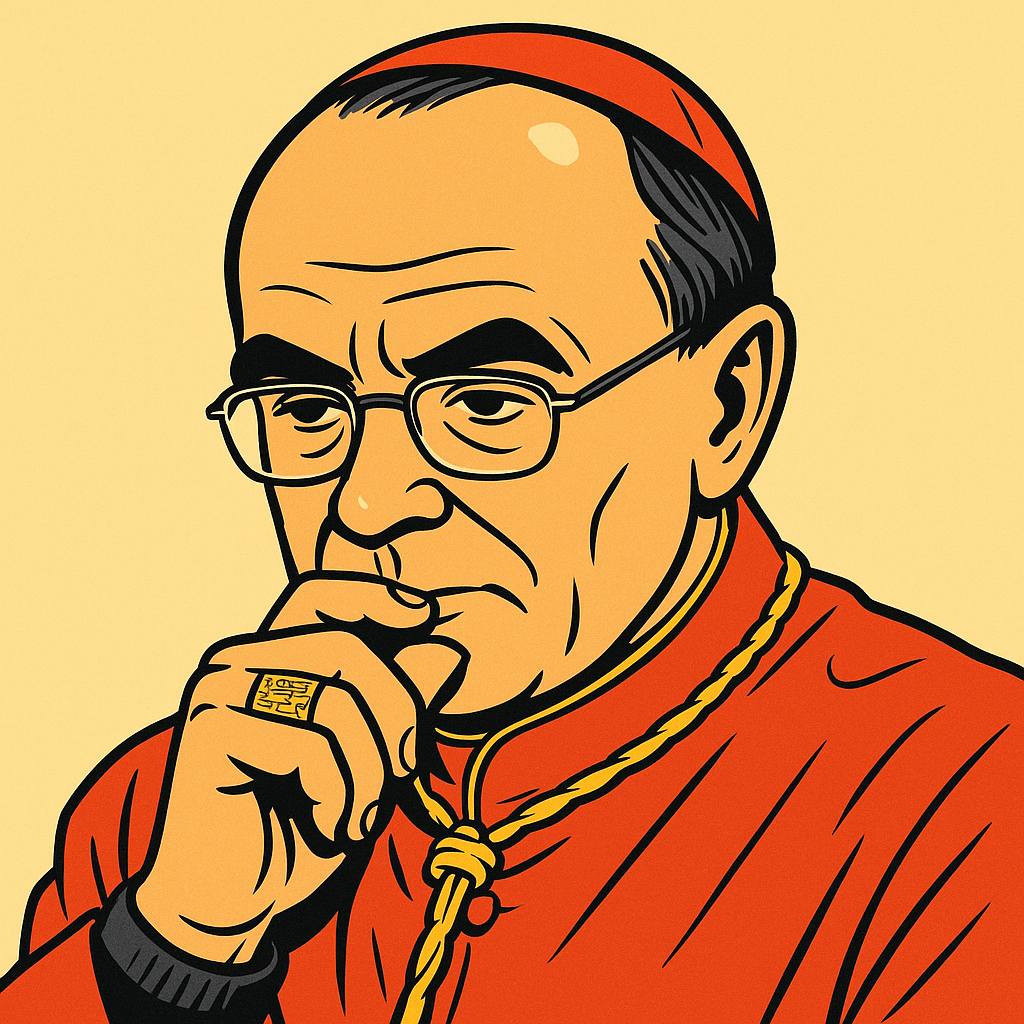
French cardinal, Archbishop Emeritus of Lyon, known for his missionary dynamism but whose career has been marked by controversy over the handling of sexual abuse in his diocese.
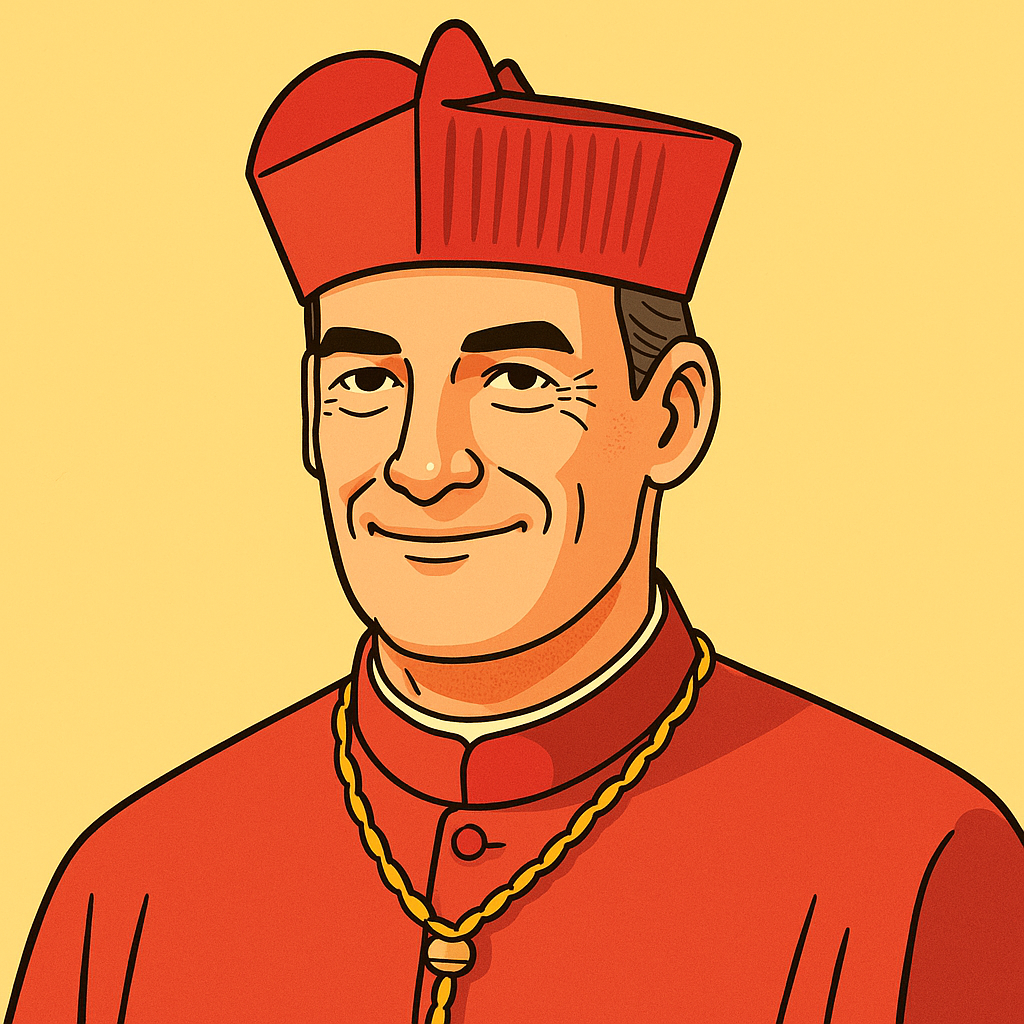
French cardinal, Bishop of Ajaccio, Franciscan, known for his dynamic pastoral approach and balanced position between tradition and renewal.
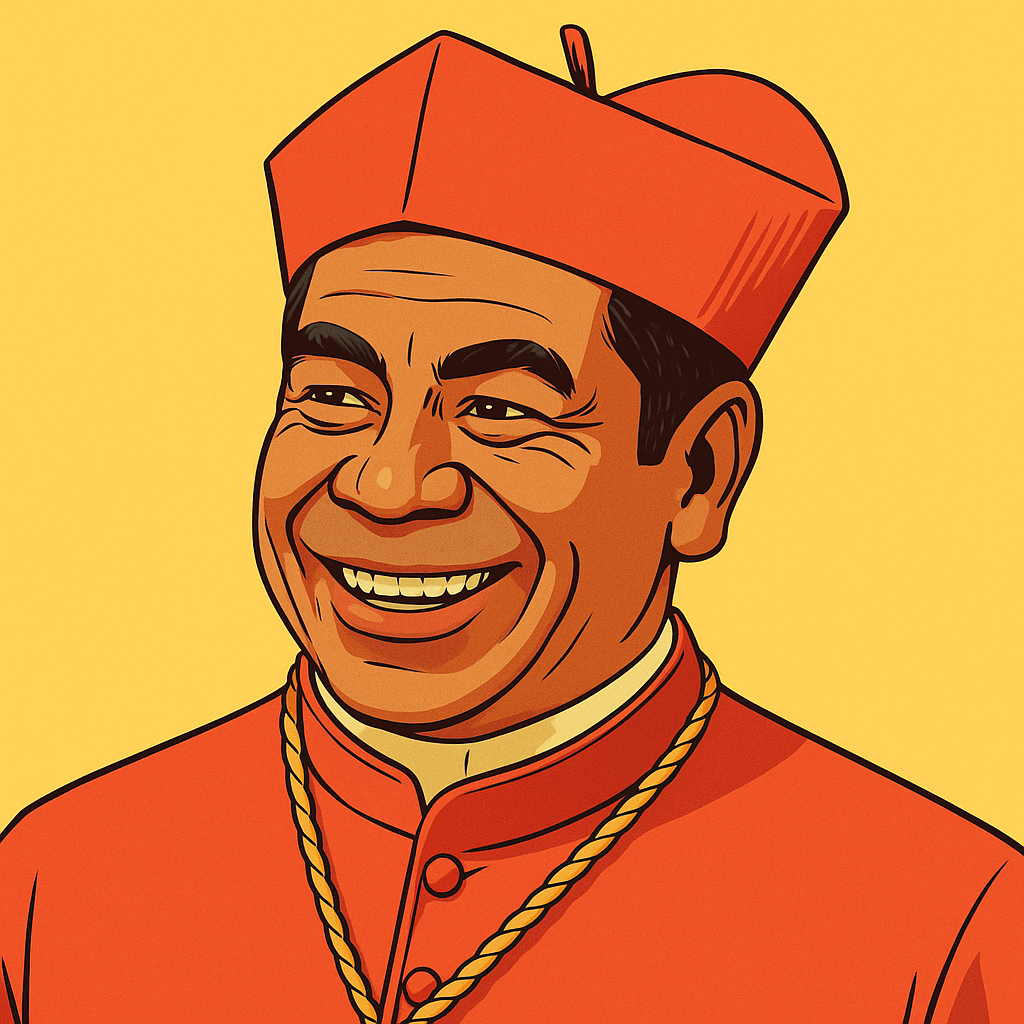
East Timor
East Timorese cardinal, Archbishop of Dili, first cardinal from his country, known for his leadership in post-independence reconstruction and his commitment to peace and national reconciliation.
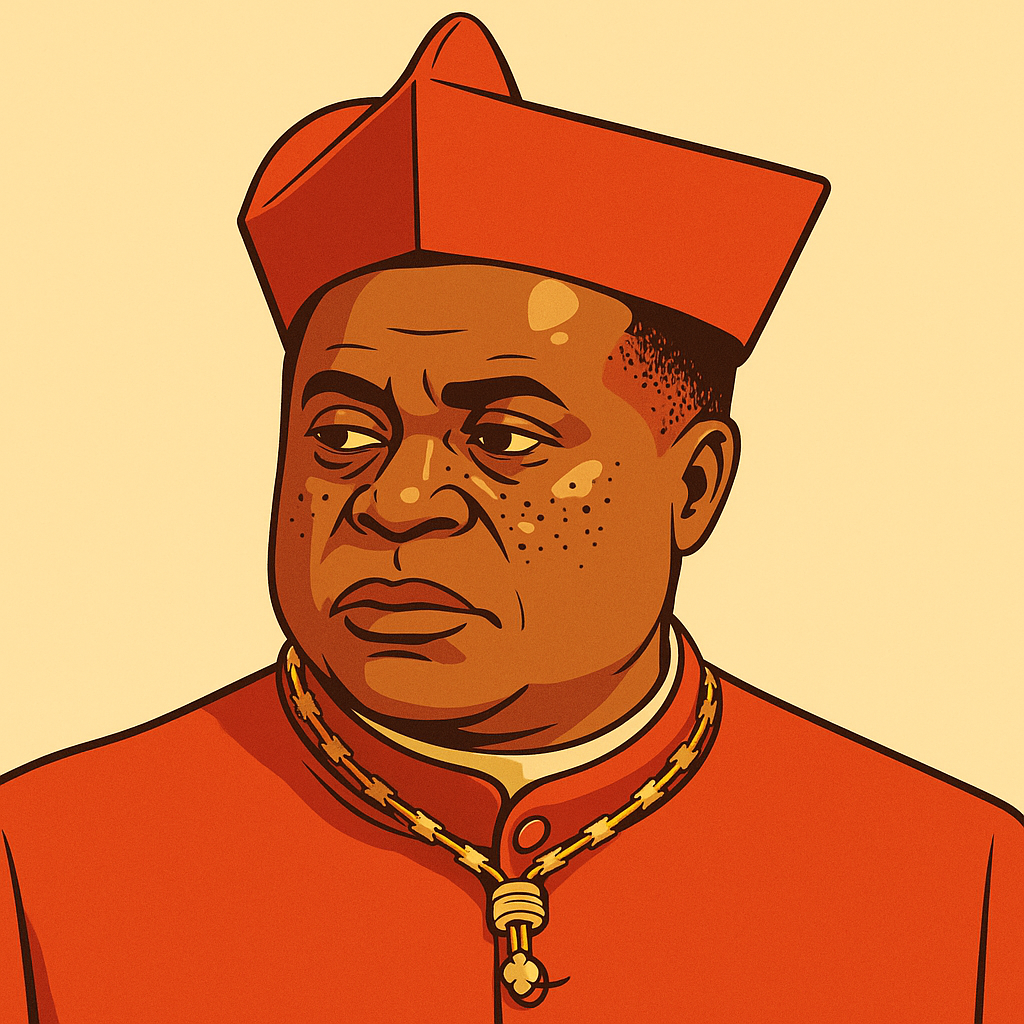
Nigeria
Nigerian cardinal, Bishop of Ekwulobia, known for his perseverance in the face of difficulties (having been rejected by his previous diocese) and his pastoral leadership in a context of ethnic tensions.
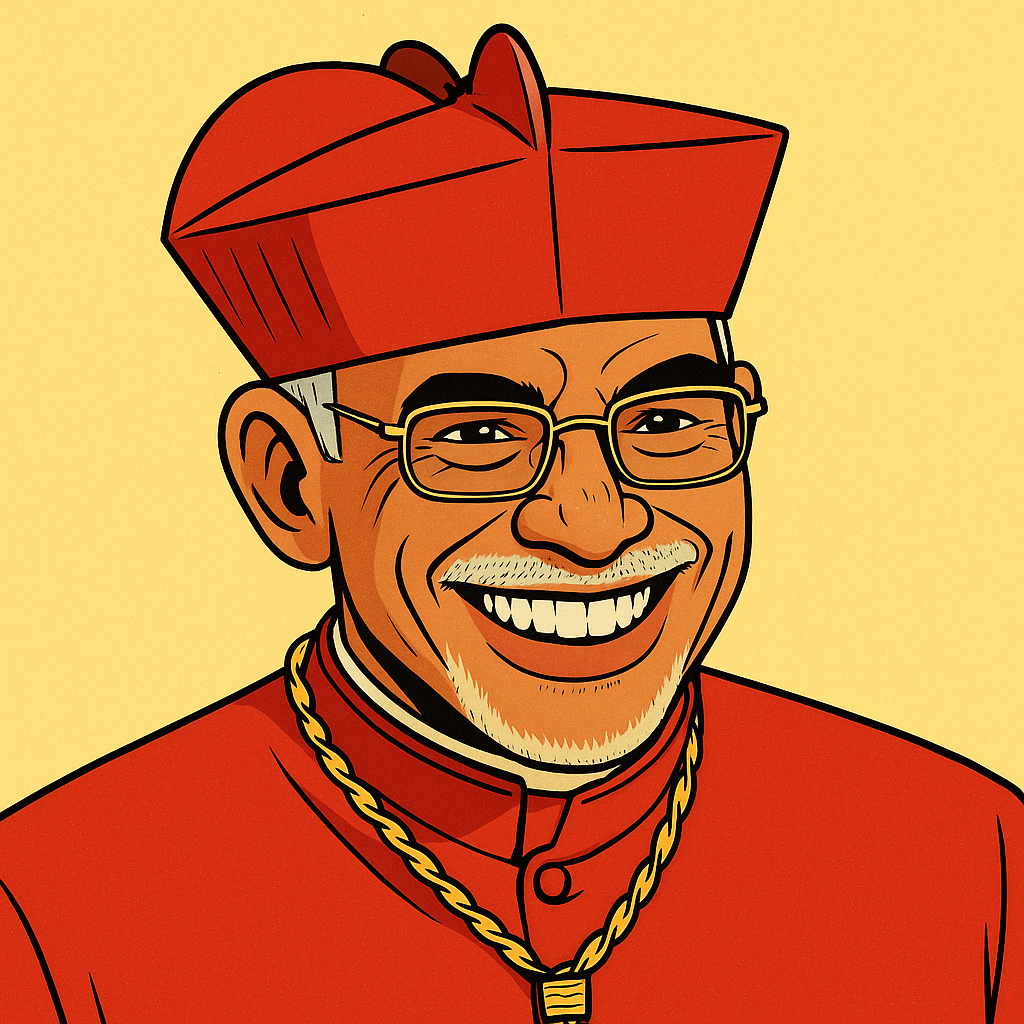
India
Indian cardinal, Archbishop of Goa, known for his pastoral approach and maintenance of traditions in a multicultural context.

Rwanda
age: 67
Rwandan cardinal, the first from his country, who lost his family during the genocide, known for his work on national reconciliation and his attachment to traditional doctrine.
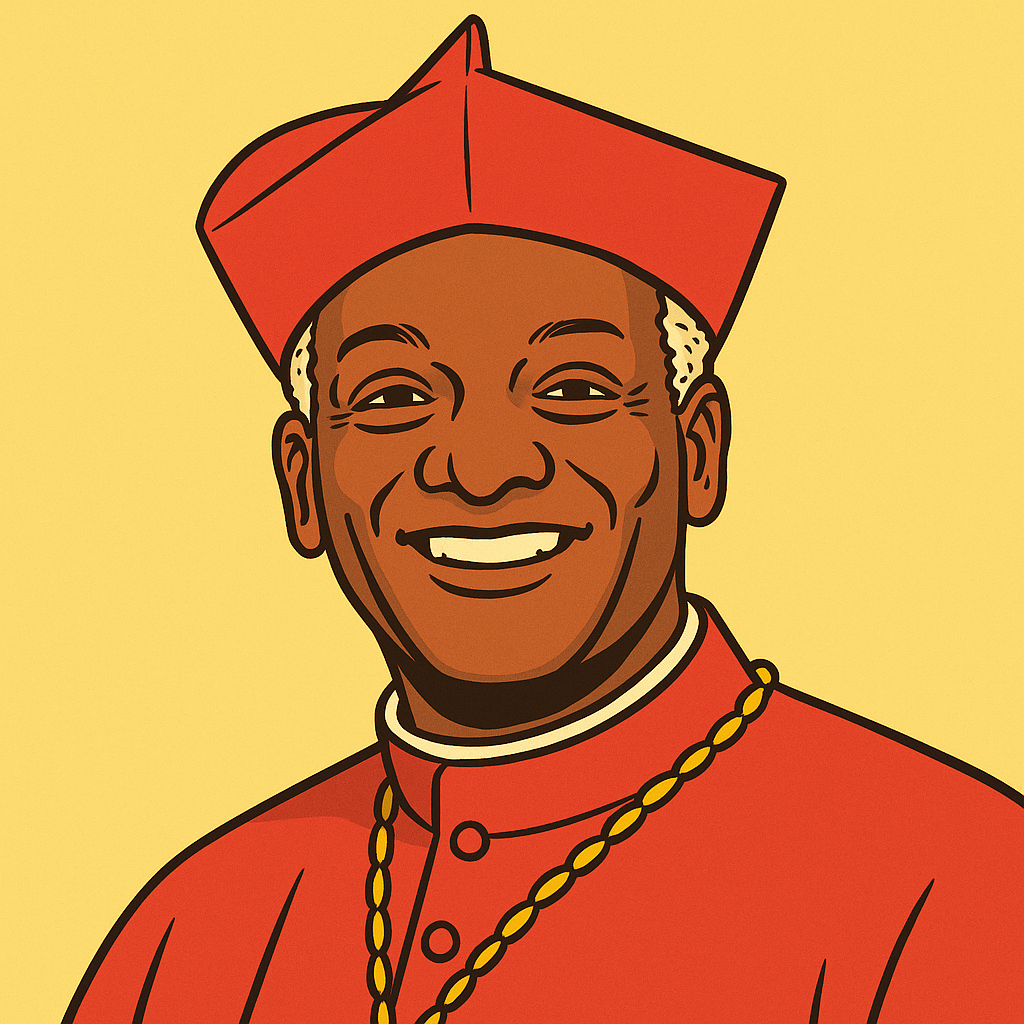
Haiti
age: 67
Haitian cardinal, the first from his country, recognized for his work in a context of great poverty and instability, maintaining a traditional doctrinal approach.
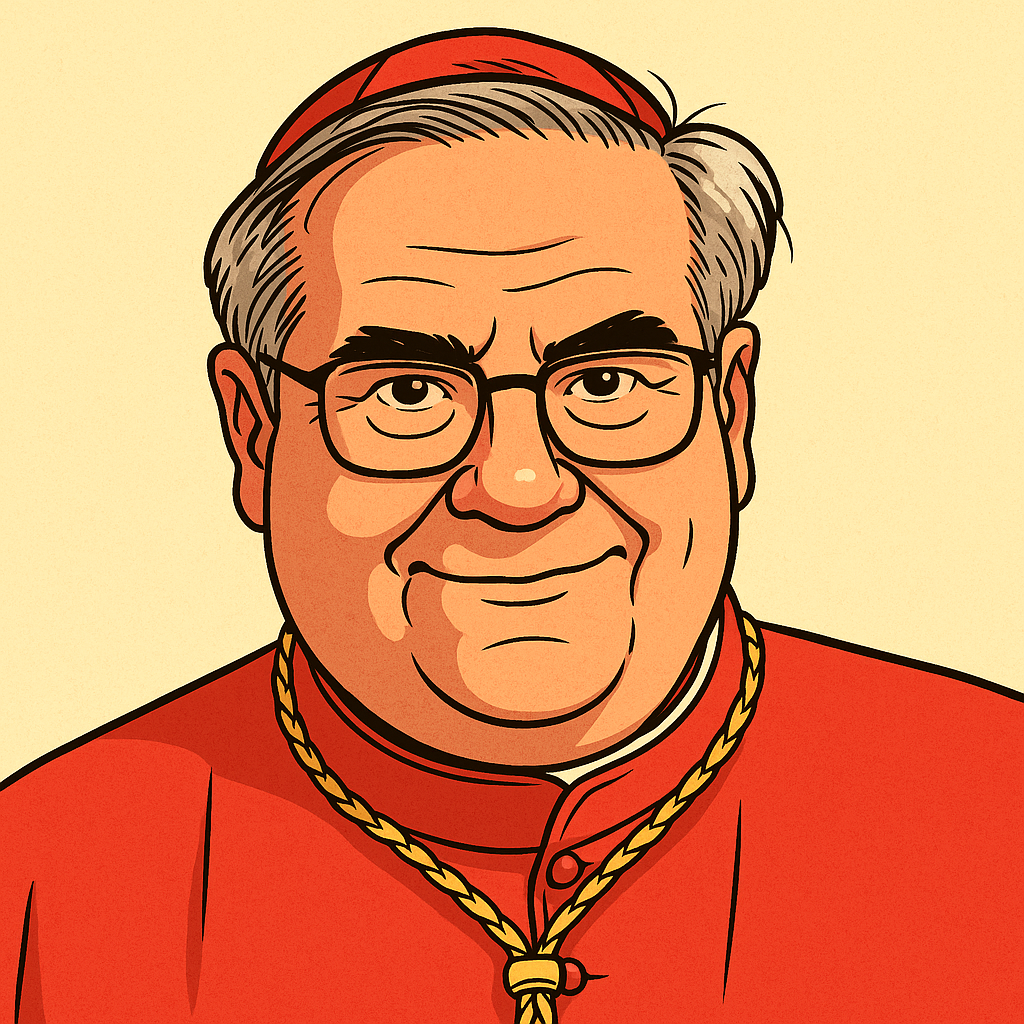
Argentina
age: 67
Argentine Jesuit cardinal, known for his social commitment and ministry to the most vulnerable, combining a traditional approach with sensitivity to social issues.
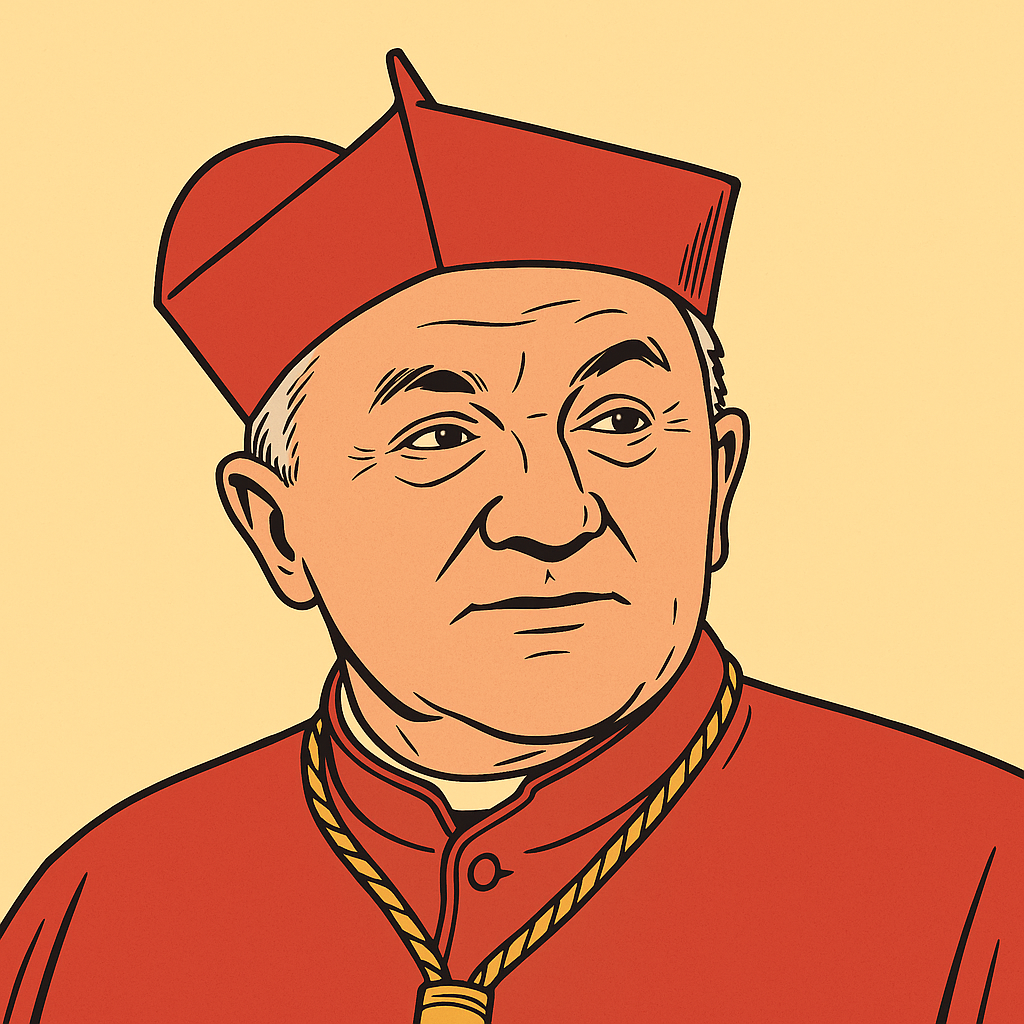
Poland
Polish cardinal, Archbishop of Warsaw, known for his balanced pastoral approach, combining Polish Catholic tradition with openness to dialogue in an evolving society.

Switzerland
Swiss cardinal, president of the Dicastery for Promoting Christian Unity, known for his theological expertise and ecumenical commitment, with a moderately conservative doctrinal position.
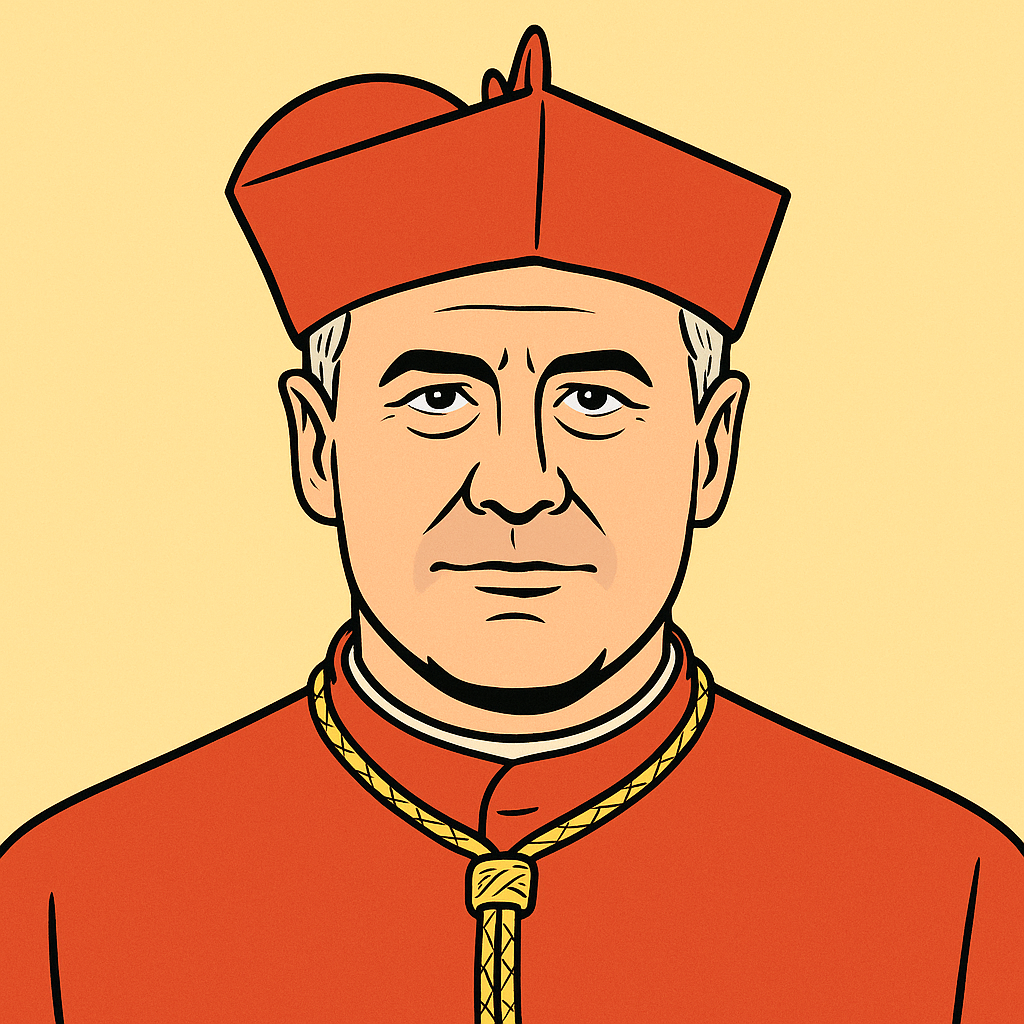
Lithuania
Lithuanian cardinal, administrator of St. Peter's Basilica, known for his administrative work and loyalty to the Holy See, with a balanced approach between tradition and pastoral modernity.
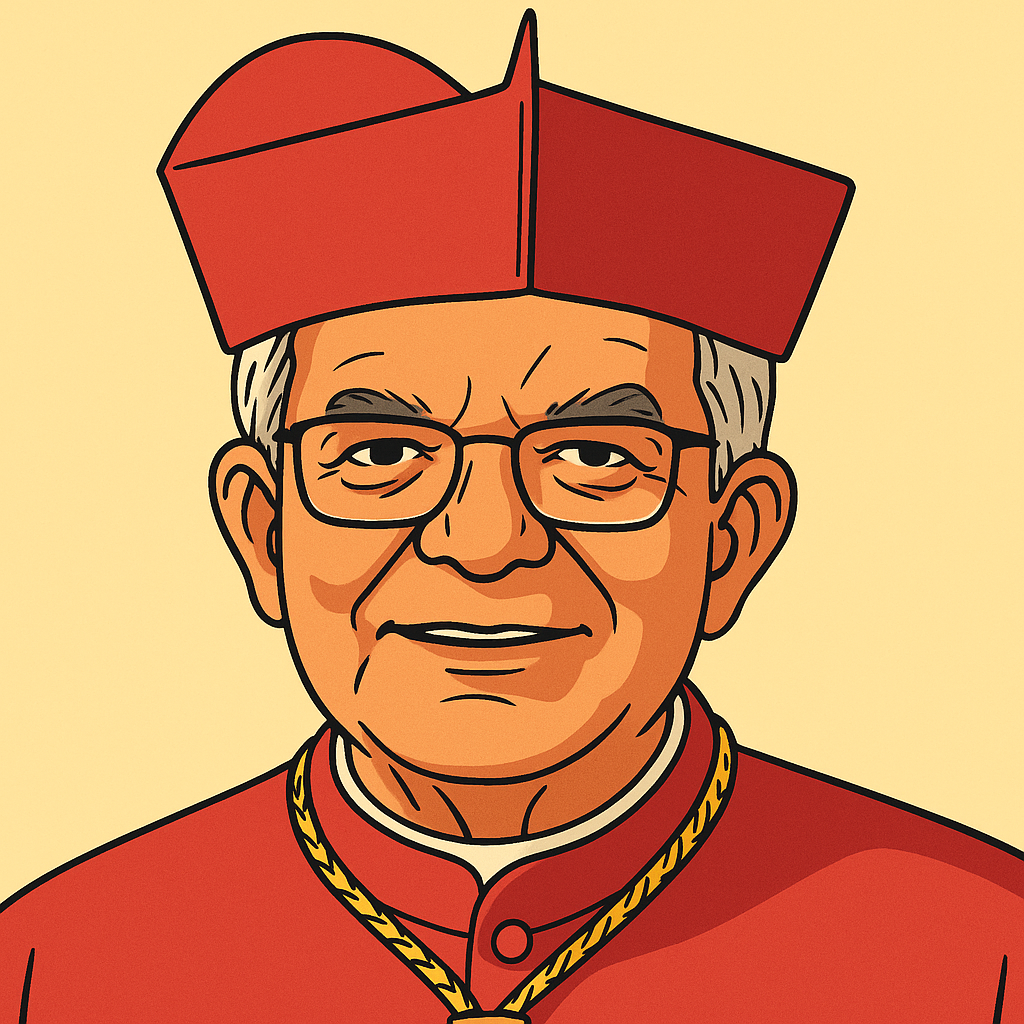
Paraguay
Paraguayan cardinal known for his pastoral commitment and moderate approach to social issues. The first cardinal in Paraguay's history.

South Africa
South African cardinal, Archbishop of Cape Town, known for his balanced leadership in post-apartheid South Africa and his pastoral work combining fidelity to doctrine and commitment to social justice.
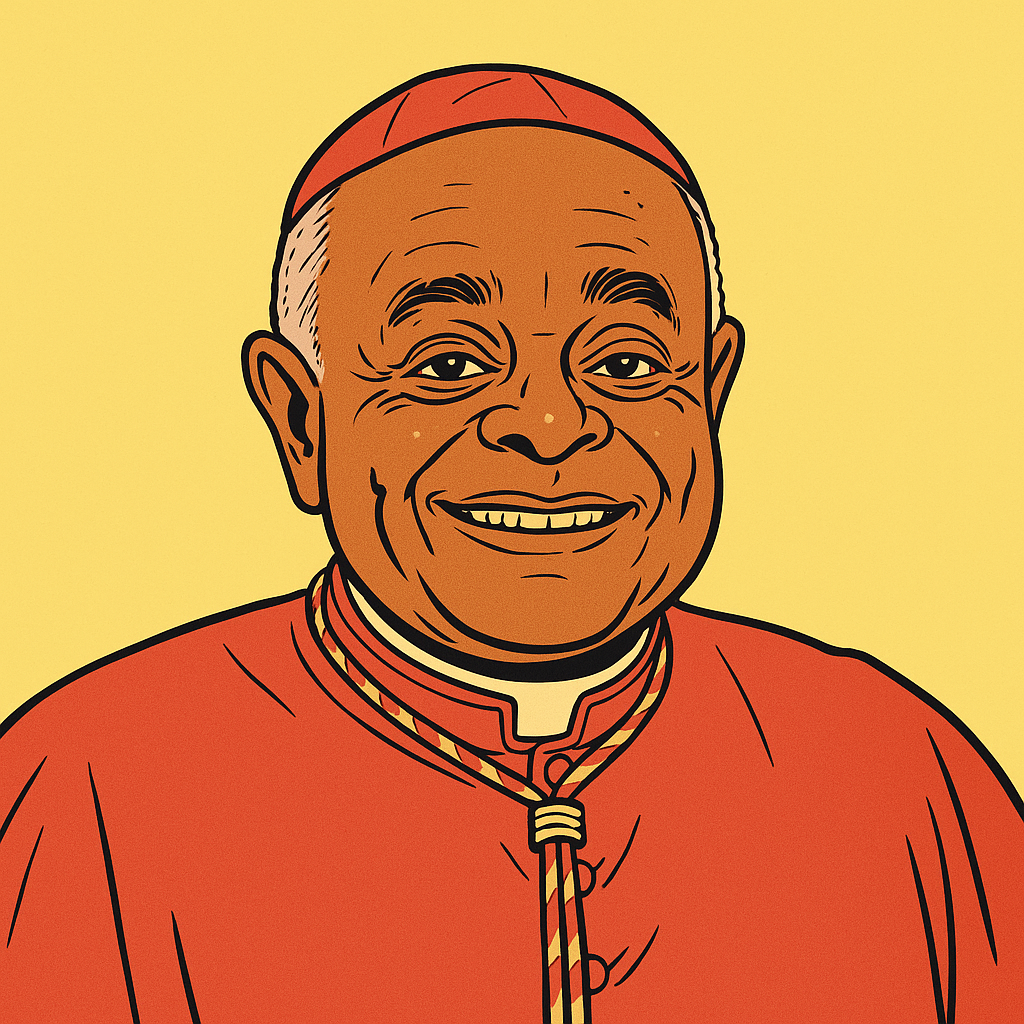
United States
American cardinal, Archbishop of Washington, first African-American cardinal, known for his leadership in the sexual abuse crisis and his balanced pastoral approach between tradition and openness.
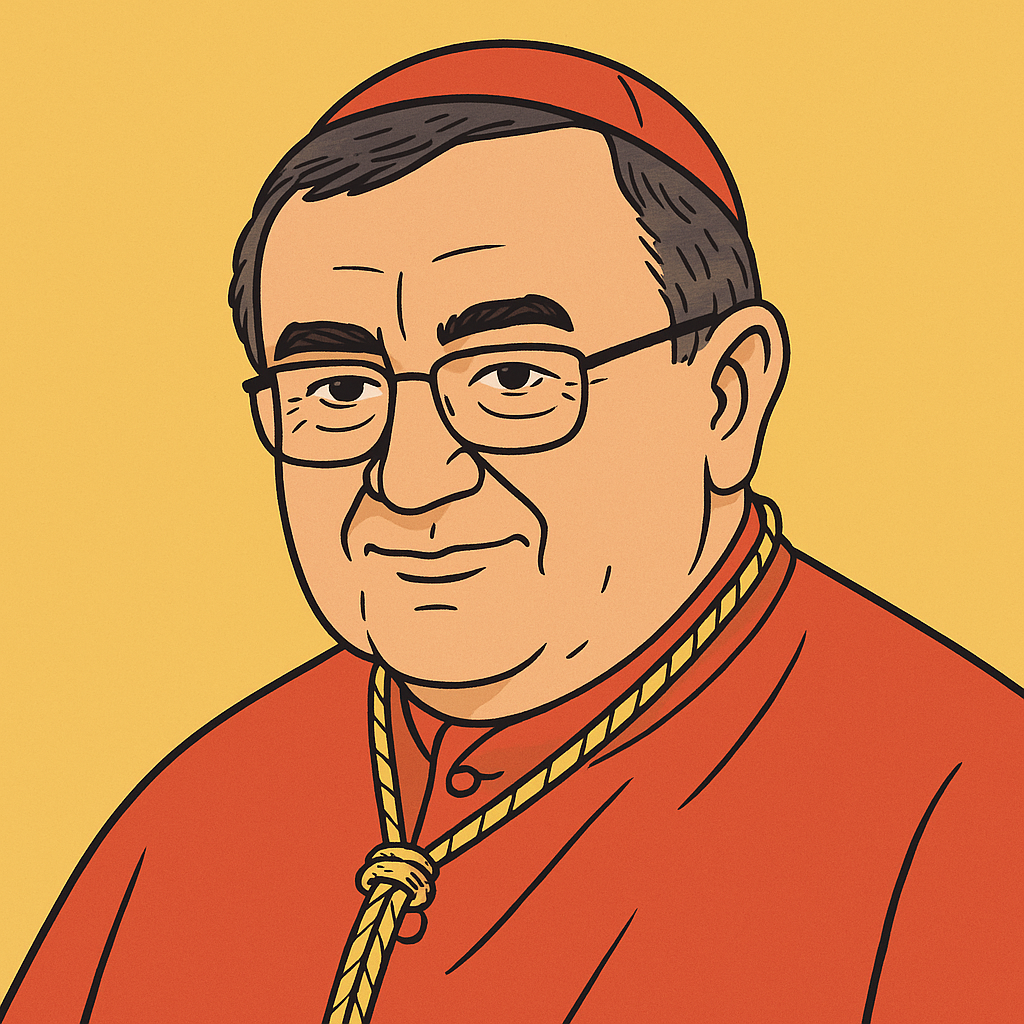
Bosnia and Herzegovina
Bosnian cardinal, Archbishop Emeritus of Sarajevo, known for his leadership during and after the Balkan War, his work for reconciliation and his defense of Catholic rights in the region.

Sweden
Swedish cardinal, the first Scandinavian cardinal in history, known for his balanced approach between tradition and openness, and his ecumenical work.
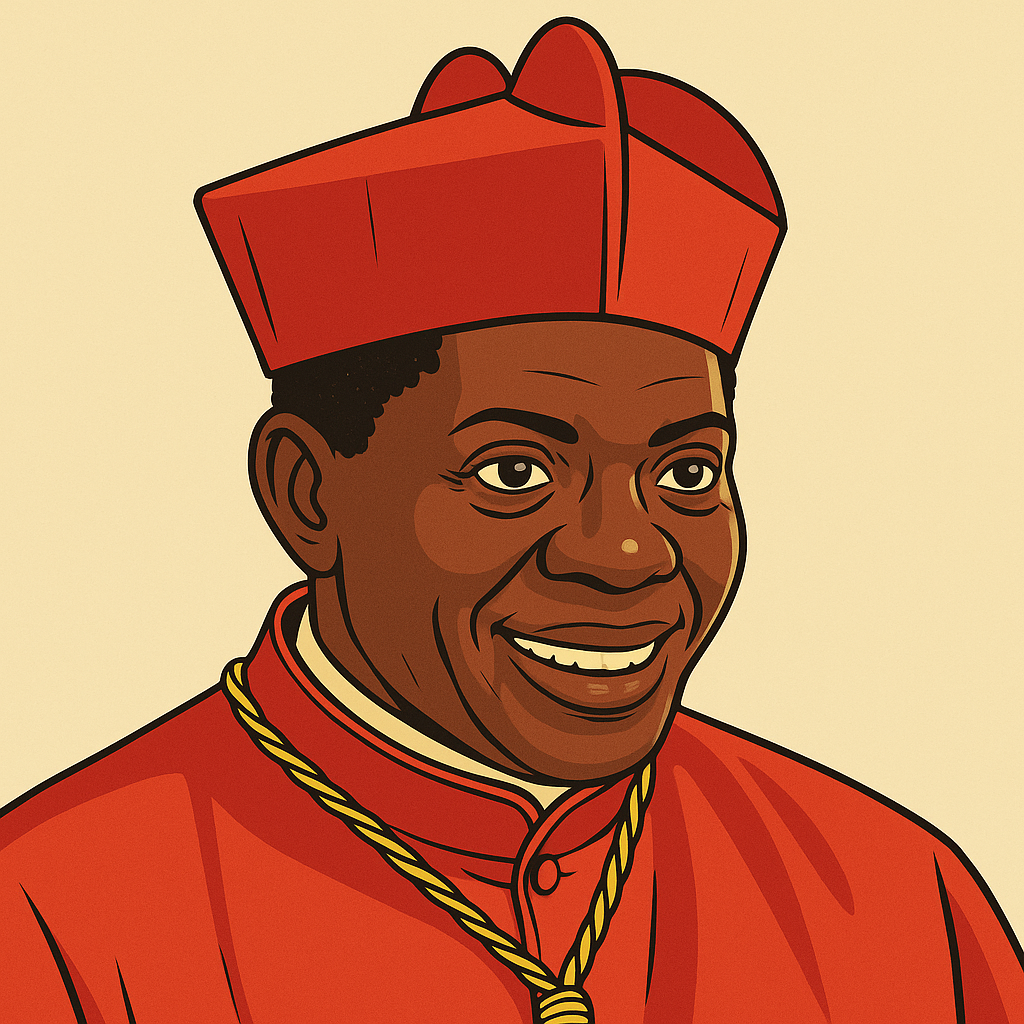
Tanzania
Tanzanian cardinal, Secretary of the Dicastery for Evangelization, known for his missionary expertise and balanced pastoral vision, combining doctrinal fidelity and cultural adaptation.
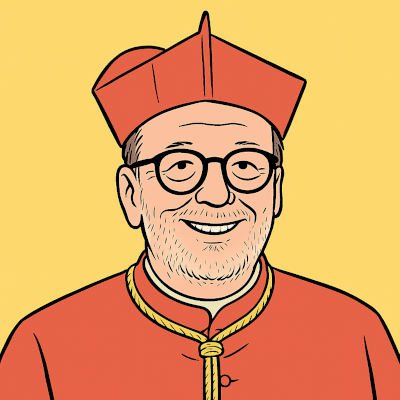
Italy
Italian cardinal, former apostolic nuncio, known for his diplomatic expertise and knowledge of Eastern Churches, combining liturgical tradition and openness to dialogue.
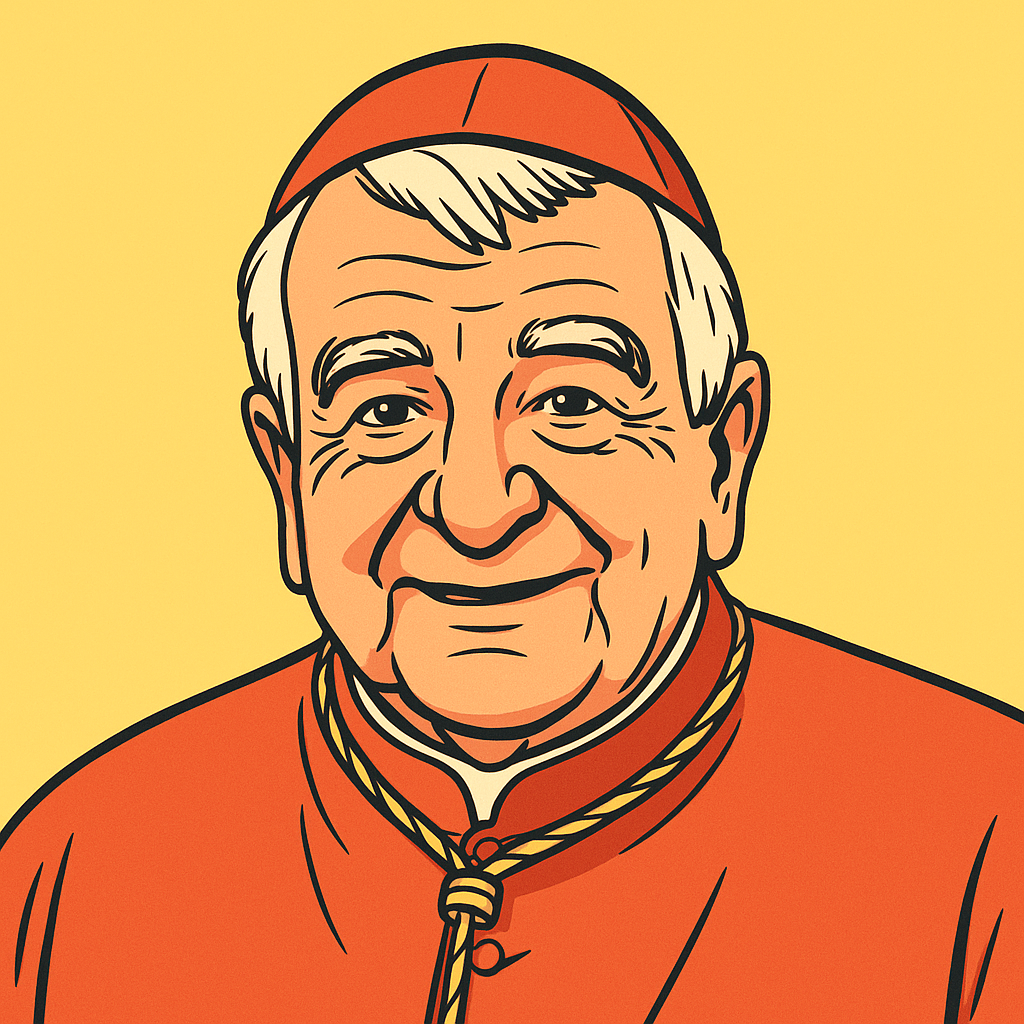
Switzerland
Swiss cardinal, apostolic nuncio, known for his diplomatic work and balanced approach between tradition and moderate openness.
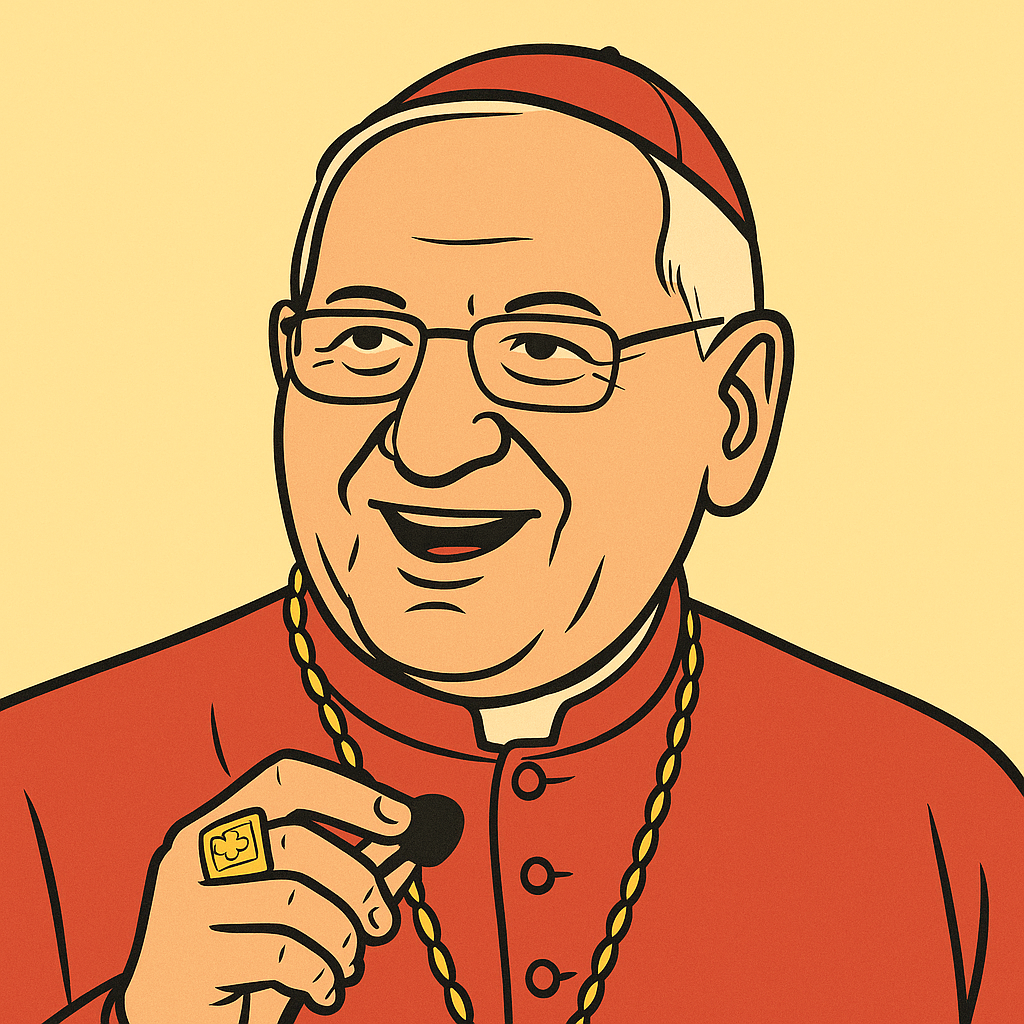
Iraq
Iraqi cardinal, Patriarch of the Chaldean Catholic Church, known for his leadership in a context of persecution and his commitment to the survival of Christians in the Middle East.
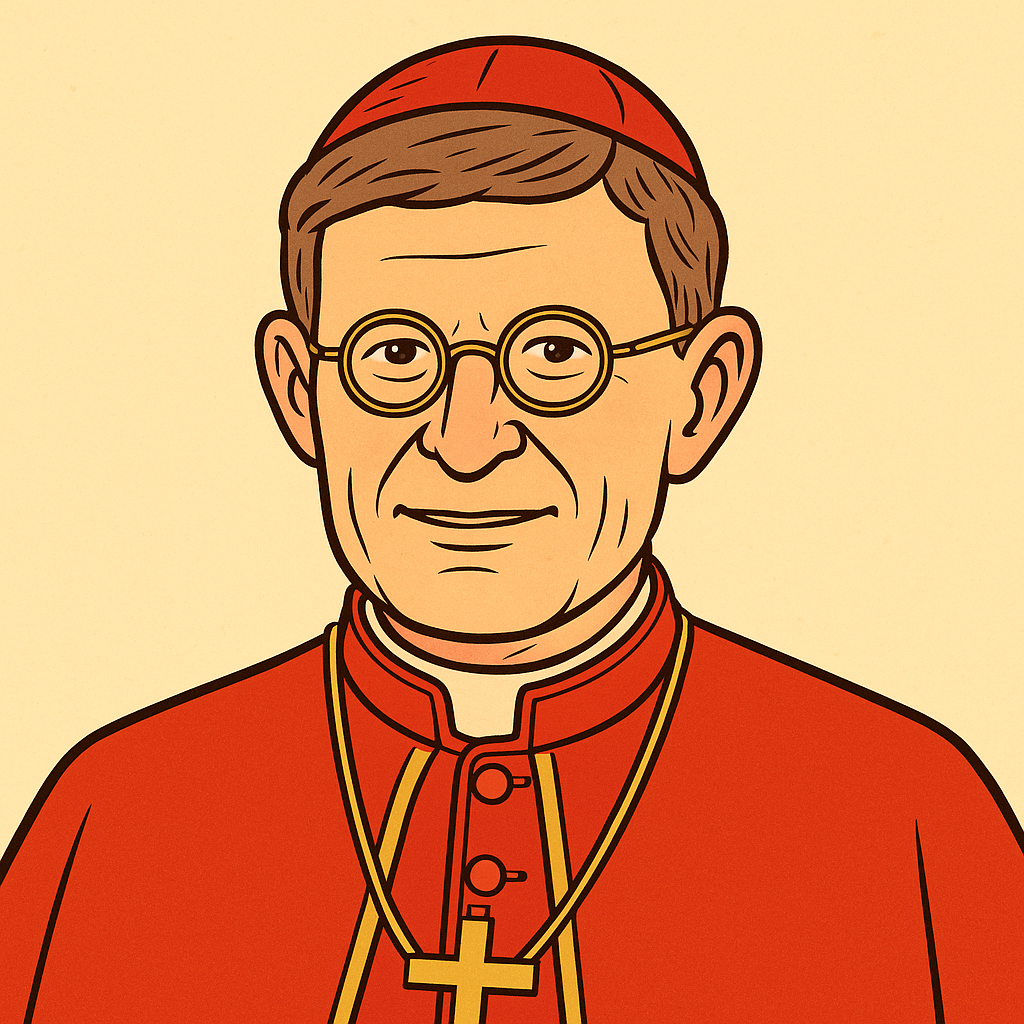
Germany
German cardinal, Archbishop of Cologne, known for his conservative positions and controversial leadership, particularly in handling sexual abuse and his opposition to certain reforms.

Myanmar
Burmese cardinal, the first from his country, known for his commitment to peace and reconciliation, combining respect for tradition and interreligious dialogue.
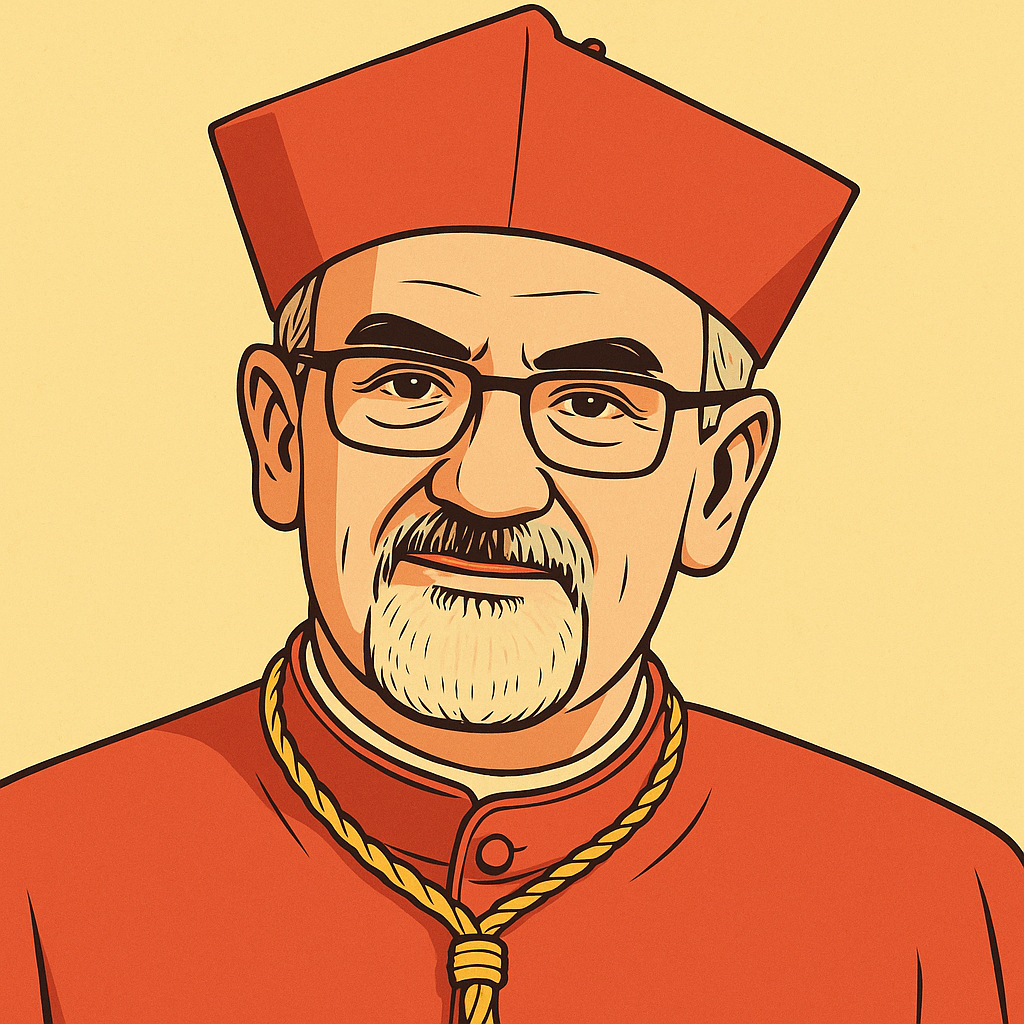
Israel
Italian cardinal, Latin Patriarch of Jerusalem, Franciscan, known for his expertise on the Middle East and his balanced leadership in a context of political and religious tensions.
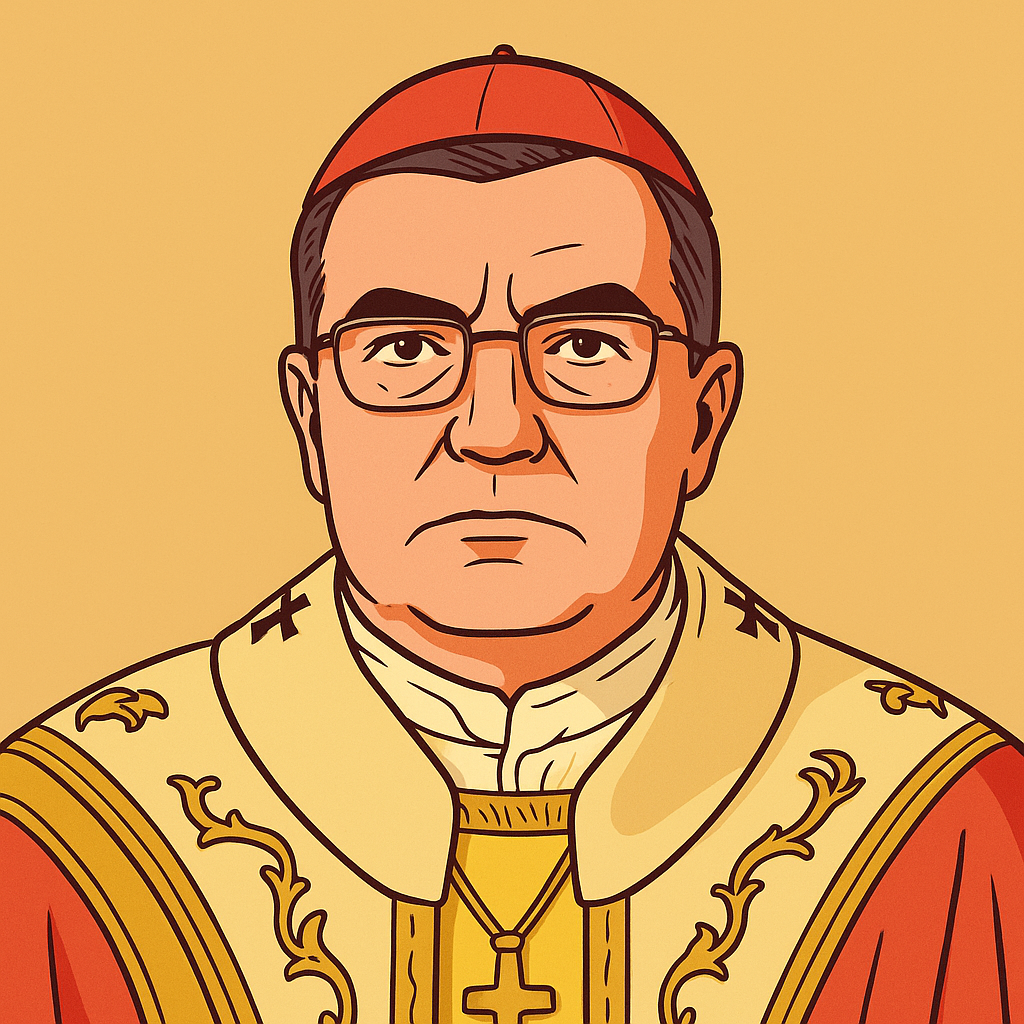
Croatia
Croatian cardinal, Archbishop of Zagreb, known for his conservative positions on moral issues and his commitment to traditional values in a post-communist context.

France
French cardinal, Archbishop Emeritus of Lyon, known for his missionary dynamism but whose career has been marked by controversy over the handling of sexual abuse in his diocese.
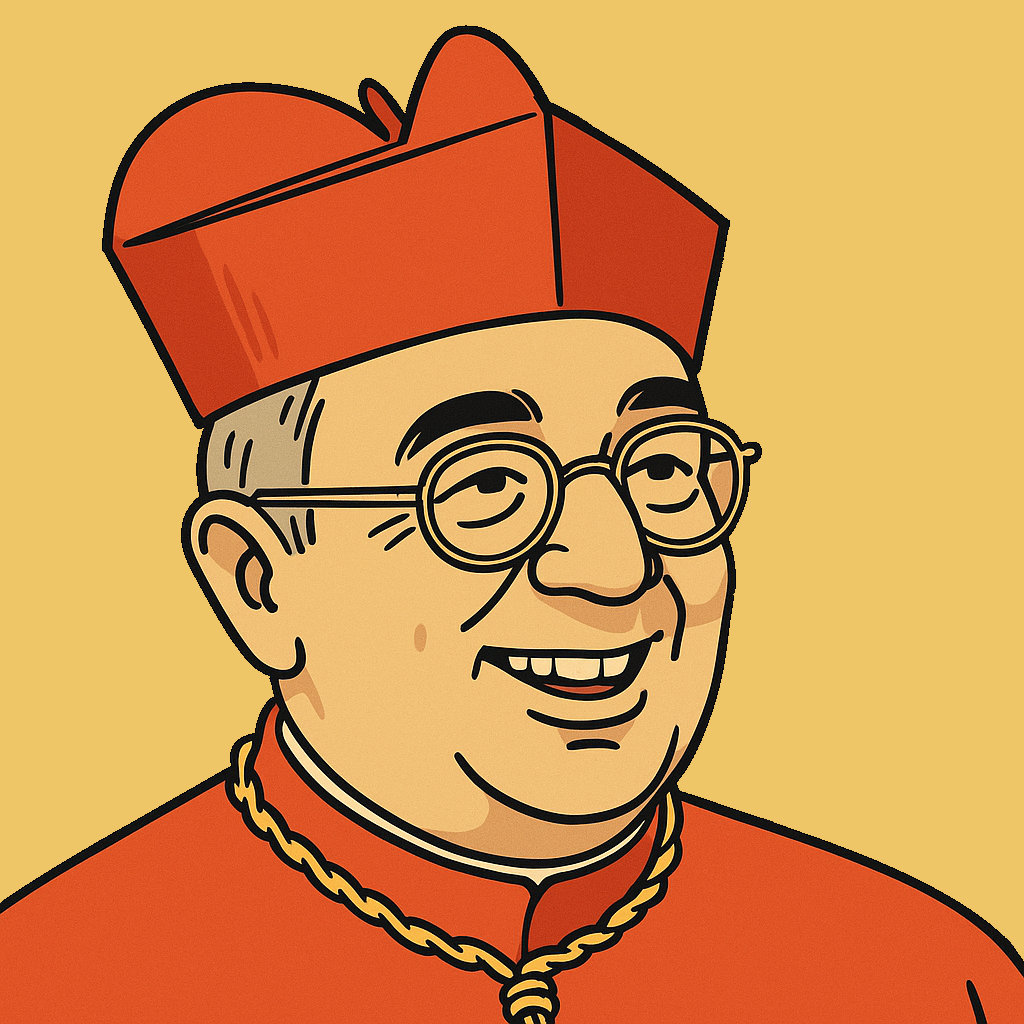
Italy
Italian cardinal, former vicar general of the pope for the diocese of Rome, known for his balance between liturgical tradition and moderate pastoral openness.